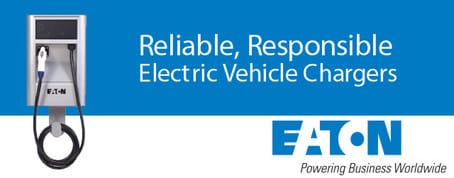The Baltimore Sun just published a very interesting article about Maryland tax incentives for electric vehicle purchases being outpaced by the sales-see article here

I myself drive a Prius, now clocking into 9 years of age, and recall getting a nice tax incentive for the hybrid, taken over a two year period. Still getting 55 miles to the gallon thank you very much…
However, reading the Sun article made me wonder about the general popularity, not just Maryland, of electric vehicles, and what their battleground currently looks like with Big Oil. As you can imagine, there’s a lot to read out there on the subject, but I found two articles that make great points about both the industries and production.
On the one hand there is certainly the consideration of vehicle emissions and what we know it does to our atmosphere- hence our lungs. The Hill article, “Big Oil Wants to Kill Electric Vehicles” ( The Hill ) covers strong points about climate change and the fast trickle down to the world economy, and points out big oil is receiving huge subsidies while not paying for what it’s product does to the air. The argument made in this article that caught my attention was:
“There’s a straightforward fix for a good part of this dangerous pollution: electrify the transportation sector. And thankfully, the sector is heading that way fast. For instance, electric vehicle (EV) and electric bus sales, while still a small percentage of overall sales, are growing precipitously. Between 2017 and 2018, EV sales almost doubled, and, in the latter half of last year, a zero-emissions vehicle was the fifth-best-selling passenger car in the United States. Bloomberg New Energy Finance projects that over 80 percent of all new bus sales globally will be electric buses by 2030. These increased sales are driving down costs and making electric transportation affordable for all.”
In the Forbes article (article here ) “Are Electric Vehicles Really Better for the Environment?” the author looks at emissions stats and the production of the electric vehicle batteries- which are not without their own controversy. The batteries require rare earth metals that can be complicated and expensive to extract; is the process a bad a pollutant as what you claim to be getting rid of? …and you can imagine the arguments and back and forth between studies over that issue. At the end of the day, it still would appear that even though the process needs examination- particularly in China- the process can and should be refined for efficiency. The lifetime comparisons of electric vehicles to gasoline vehicles show electric pulling way ahead in energy cost and lack of emissions.
Is the United States ready to take on this challenge? We fall far behind European efforts at present.
I’m hopeful though- I have seen the changes in our national attitude toward smart energy like wind turbines, and the training and new jobs this change brings. I’d like to be open to electric vehicles and charges across the nation. Even if ONLY in transportation.
I’m open. Are you?
Jenny Boone
Business Development, IEC Chesapeake/IECC
#energysmart

